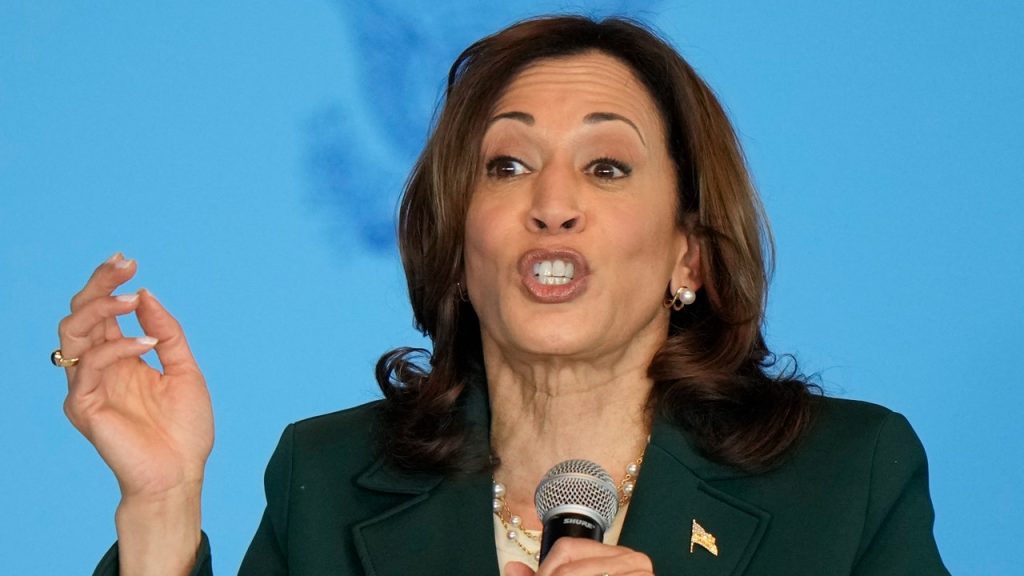Vice President Kamala Harris has announced the formation of a new partnership to help provide internet access to 80% of Africa by 2030, up from roughly 40% now. This initiative follows Harris’ visit to Africa last year and this week’s visit to Washington by Kenyan President William Ruto. Africa has struggled to receive the capital needed to build up its industrial and technological sectors, with the United Nations reporting that foreign direct investment in the continent fell to $45 billion in 2022, down from a record high of $80 billion in 2021. Africa accounted for only 3.5% of foreign direct investment worldwide, despite comprising roughly 18% of the global population.
In addition to launching the nonprofit Partnership for Digital Access in Africa to improve internet access, Harris is announcing a new initiative aimed at giving 100 million African people and businesses in the agricultural sector access to the digital economy. The African Development Bank Group and Mastercard, among other organizations, will help form the Mobilizing Access to the Digital Economy Alliance (MADE). The alliance will begin a pilot program to provide digital access to 3 million farmers in Kenya, Tanzania, and Nigeria, before expanding to other regions. Harris, the first female U.S. vice president, is also announcing that the Women in the Digital Economy efforts to address the gender divide in technology access have generated more than $1 billion in public and private commitments, with additional U.S. commitments pending congressional approval.
Harris and the Kenyan leader were scheduled to have a fireside chat at the U.S. Chamber of Commerce on Friday to discuss how public-private partnerships can increase economic growth. The preview of Harris’ initiatives obtained by The Associated Press outlines her commitment to promoting digital innovation, building on the commitments she made during her visits to Ghana, Tanzania, and Zambia. The Biden administration, along with African leaders, is appealing to global leaders to reduce the huge debt burden on developing countries, particularly in Africa.
The U.N. reported last year that Africa accounted for only 3.5% of foreign direct investment worldwide, despite comprising roughly 18% of the global population. The continent has struggled to receive the capital needed to develop its industrial and technological sectors, with foreign direct investment falling to $45 billion in 2022 from a record high of $80 billion in 2021. The new initiatives launched by Vice President Harris aim to address these challenges and support Africa’s economic growth by improving internet access and providing digital opportunities to farmers and businesses in the agricultural sector.
The announcement of the Partnership for Digital Access in Africa and the MADE alliance underscores the importance of leveraging public-private partnerships to expand digital access and promote economic development in Africa. These initiatives will support the Biden administration’s efforts to promote digital innovation and address the gender divide in technology access. By working with organizations such as the African Development Bank Group and Mastercard, Harris is taking concrete steps to increase internet access and digital opportunities for millions of Africans, with a focus on the agricultural sector.
Overall, Vice President Harris’ initiatives represent a significant commitment to supporting Africa’s economic growth and technological advancement. By leveraging public-private partnerships and targeted initiatives, Harris is working to improve internet access, address the gender divide in technology access, and provide digital opportunities to farmers and businesses in Africa. These efforts are crucial for promoting economic development and empowering communities in Africa to participate in the digital economy, ultimately contributing to the continent’s overall growth and prosperity.













